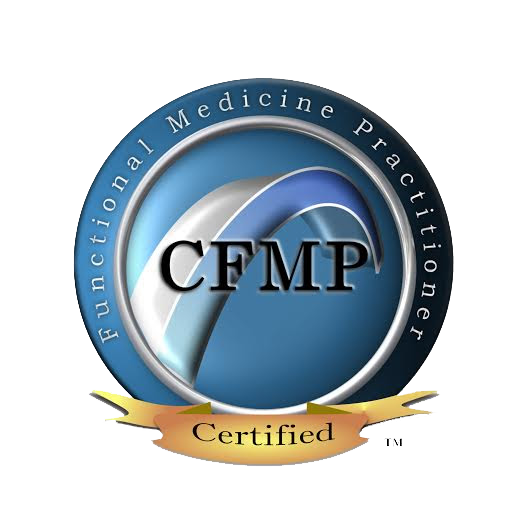
As promised, this is part two of what causes autoimmune diseases! Seemingly out of nowhere, autoimmune diseases have risen to a degree that cannot be ignored. Given this rise, it’s extremely important to understand what triggers them. The cause of autoimmune disorders can seem mysterious, but there are some very common causes for them. In my first video on this subject, I addressed the fact that toxins can trigger autoimmune diseases. These toxins are found everywhere from mercury fillings to cosmetics to the food we eat! In addition to these nasty but common toxins, infection can cause autoimmune diseases, and that is what I will be covering in this video.
Watch on YouTube:
Autoimmune diseases are pretty common in America, affecting more than 23.5 million people. These diseases happen when the immune system, instead of protecting the body, starts attacking its own cells, tissues, and even organs. Sometimes, these attacks can be really serious and even lead to fatal outcomes.
There are around 80 known diseases caused by this messed-up immune system behavior. Some familiar ones are type one diabetes, celiac disease, and multiple sclerosis.
Now, three main types of infections can trigger these tough conditions. It’s a bit tricky, though, because the ability to trigger autoimmune diseases depends on a person’s genes. So, someone might have one of these infections but not necessarily an autoimmune disease.
First up, we’ve got these tiny, cell-wall-less things called mycoplasma. They’re one of the infections that can cause autoimmune diseases, and while they’re not the easiest to test for, it’s possible.
Next on the list is bacteria. Different types of bacteria, like Klebsiella and the ones causing Lyme disease and Staphylococcus, can trigger autoimmune diseases. These sneaky bacteria often hide in the gut, which is why I always test the gut of people dealing with autoimmune issues.
The last infection to mention is virus-induced. Viruses such as Epstein Barr and cytomegalovirus can also be culprits behind autoimmune diseases. Blood testing can help detect these infections. These viruses can make someone really sick at first – for example, Epstein Barr Virus can cause Mono. Sometimes, though, these viruses stick around and become chronic infections that last for years. It’s these long-lasting viral infections that often set off autoimmune diseases.
Testing is the key to figuring things out here. Once we identify the root infections, treating them becomes more straightforward. Often, I find that people with autoimmune diseases have multiple triggers. For instance, someone with some kind of toxin exposure might have a weakened immune system, making them more susceptible to infections.
Start Today!
Getting folks with autoimmune diseases back on track involves understanding all the underlying problems, and testing helps us get to the bottom of it. Learn more about Functional Medicine to see if it’s right for you.



